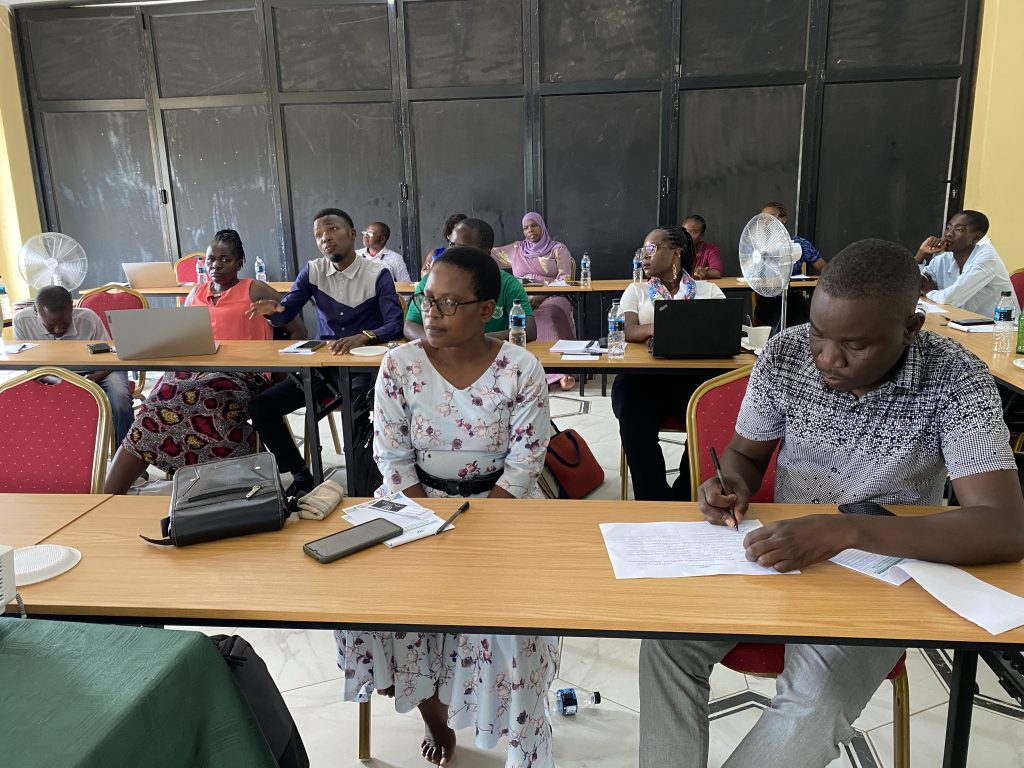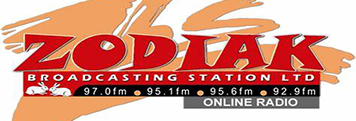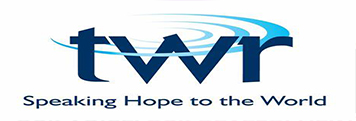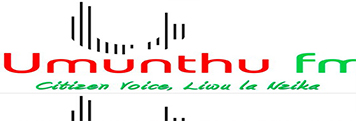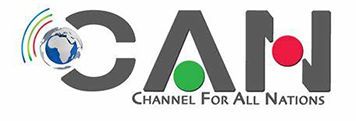The Media Council of Malawi under its ‘Strengthening Community Media Sector for Sustainable Operations and Stability’ project is hosting a two-day training workshop for community radio station managers centred on Governance and Resource Mobilization.
The council highlights that community media plays an important role in amplifying local voices, supporting democratic processes, and addressing the needs of marginalized groups. As such, station managers need to be equipped with the knowledge and skills needed for strong governance and effective resource mobilization to ensure sustainability and success of radio stations.
In his opening remarks, MCM Executive Director Moses Kaufa stated that if no action is taken, most community radio stations could shut down due to lack of necessary policies and strategies to sustain their operations.
Kaufa stated that many community media houses are struggling to establish clear structures for their employees, which is hindering their growth. He emphasized the need for effective policies and strategies to govern these organizations.
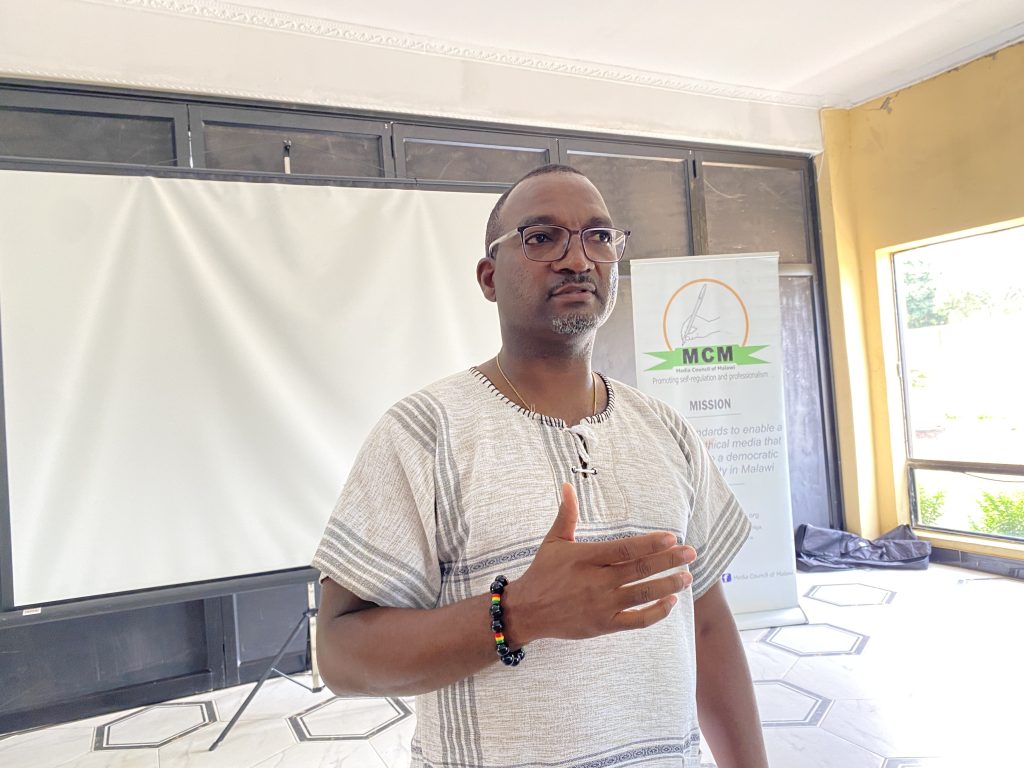
The Executive Director also noted that these policies should apply to volunteers and interns, urging them to begin thinking strategically about how to manage their institutions and secure resources to sustain their operations in the absence of donors.
Trainer in governance and resource mobilization Marcel Chisi, guided the participants through best practices for creating and maintaining effective governance structures and policies within community radio stations. He highlighted the importance of accountability, transparency, and community engagement in ensuring the integrity and sustainability of radio operations, among other key topics.
Chisi observes that many community radio stations were initially established by organizations, churches, or individuals without media backgrounds, who had little to no knowledge of how to effectively govern media institutions. He believes this lack of expertise has contributed to the stagnation of some community media stations.
The trainer also emphasized the many opportunities available to community radio stations if effective policies and systems are implemented.
“They are sitting on opportunities to grow, therefore this training will build capacity of the media managers to develop policies, systems and strategies that will attract finances from various sources,” he said.
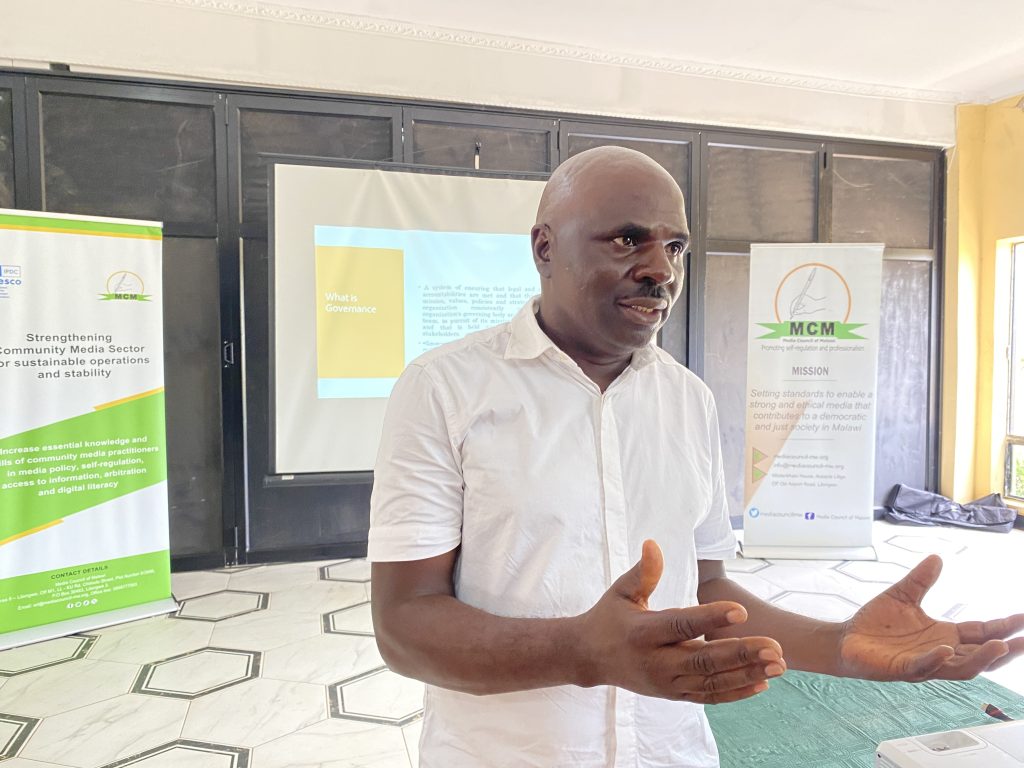
The trainer added that the training will equip community media managers with skills in resource mobilization and proposal writing, which will support their daily operations and contribute to their long-term sustainability.
Chisi urged media managers to create strategies that will guide their operations and growth, and to implement supporting policies such as Sexual Harassment, Self Development, Financial Management, Gender and Social Inclusion, Fraud and Anti-Corruption, and Conflict of Interest. He explained that these policies would help attract more funding from agencies.
During the session, some participants revealed that their radio stations lack Boards of Directors. In response, the trainer emphasized that having a board is crucial as it provides better oversight for media houses.
The project is funded by UNESCO-IPDC.

